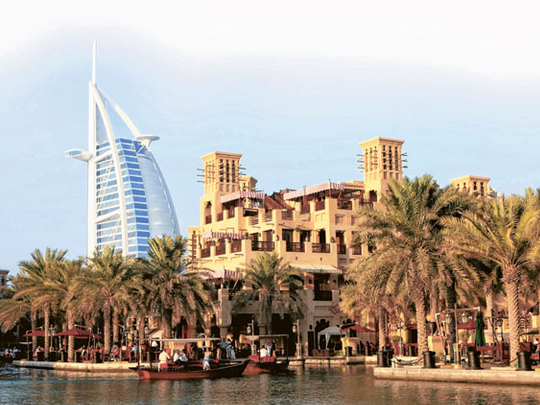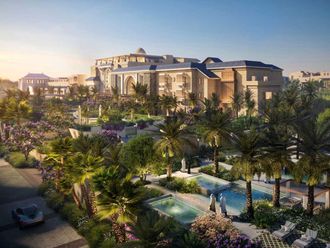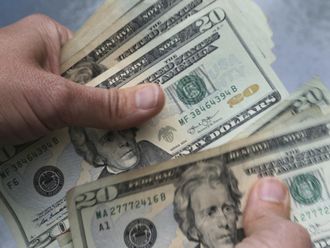
Dubai: Dubai's tourism industry achieved a 20 per cent jump in revenues to Dh16 billion last year due to a number of factors, including Arab Spring and the addition of new properties.
The emirate's 575 hotels and serviced apartments catered to 9.30 million tourists last year, a growth of 10 per cent over the 8.49 million in 2010.
Of these, 7.26 million guests stayed in hotels, up from 6.56 million in 2010.
This reflects an increase in room rates as hotel occupancy stabilised at 74 per cent, said a latest report by the Department of Tourism and Commerce Marketing (DTCM), the tourism regulatory body.
Dubai's tourism infrastructure coupled with the Arab Spring helped divert tourists traffic to Dubai.
"We have seen a 30 per cent increase in hotel rates in recent months," Muin Serhan, general manager of the Millennium Plaza Hotel, told Gulf News.
"Of course, the Arab Spring has helped tourists to come to Dubai, and its world-class infrastructure has also helped attract visitors from the region."
Guest nights rose 23 per cent to 32.84 million in 2011. Hotels contributed 23.26 million guest nights.
Hotel apartments experienced an increase of over two million guests, with these properties contributing 9.5 million guest nights last year against 7.5 million in 2010.
Similarly, the average length of stay stood at 3.6 days, up by 12 per cent over the previous year.
Gassan Aridi, chief executive of Alpha Tours, said, in addition to the Arab Spring, the long-term reputation of Dubai helped.
"There is a combination of factors for this growth. Dubai has a strong reputation as a leading tourism destination — that helped along with the Arab Spring," he said.
"Besides, new tourism products and hotels have helped attract visitors, such as the Burj Khalifa and hotels in that neighbourhood.
He said room rates will stabilise. "There are a number of new hotels coming on line this year which will increase supplies."
One of the key reasons for growth is the expansion of Emirates airline, which is the biggest supplier of hotel guests.
Emirates carries more than 34 million passengers a year, a significant number of whom stay in the hotels.
Initiatives
However, DTCM Director General Khalid Al Bin Sulayem said: "We have been successful in boosting the number of tourists to Dubai due to our initiatives to enhance our position in established markets and tap new and emerging tourism source markets.
"The substantial gains by hotels and hotel apartments reflect, once again, the vibrancy and dynamism of the tourism industry in the emirate."
In 2011, Saudi Arabia emerged as the top source market for Dubai's tourism industry with 873,152 guests, followed by India with 702,142, and British tourists with 643,196.
The number of tourists from Iran reached 476,708 and the US rose to 462,653.
Industry may face headwinds
Dubai: Despite attracting more tourists from the GCC and Asian countries last year, Dubai may expect some strong headwinds in the near future, analysts said.
"The year 2011 began with a marginal rebound in the GDP of developing economies with developed economies registering gradual growth. However, towards the end of the year, most developing economies in Asia including India and China reported a decline in GDP growth and lower GDP outlook for the year ahead. We may also expect sluggish growth in US and Europe due to various economic issues that need attention in 2012," Sheetal Kothari, Research Analyst, Business and Financial Services Practice, Frost & Sullivan, told Gulf News.
"These circumstances of the global economy would exert a downward pressure on oil prices. On the other hand, increasing unrest due to the Iran-US standoff has the potential to push oil prices upward. The interplay of these factors increases the uncertainty in the outlook for oil prices. The outlook for UAE tourism is uncertain."












